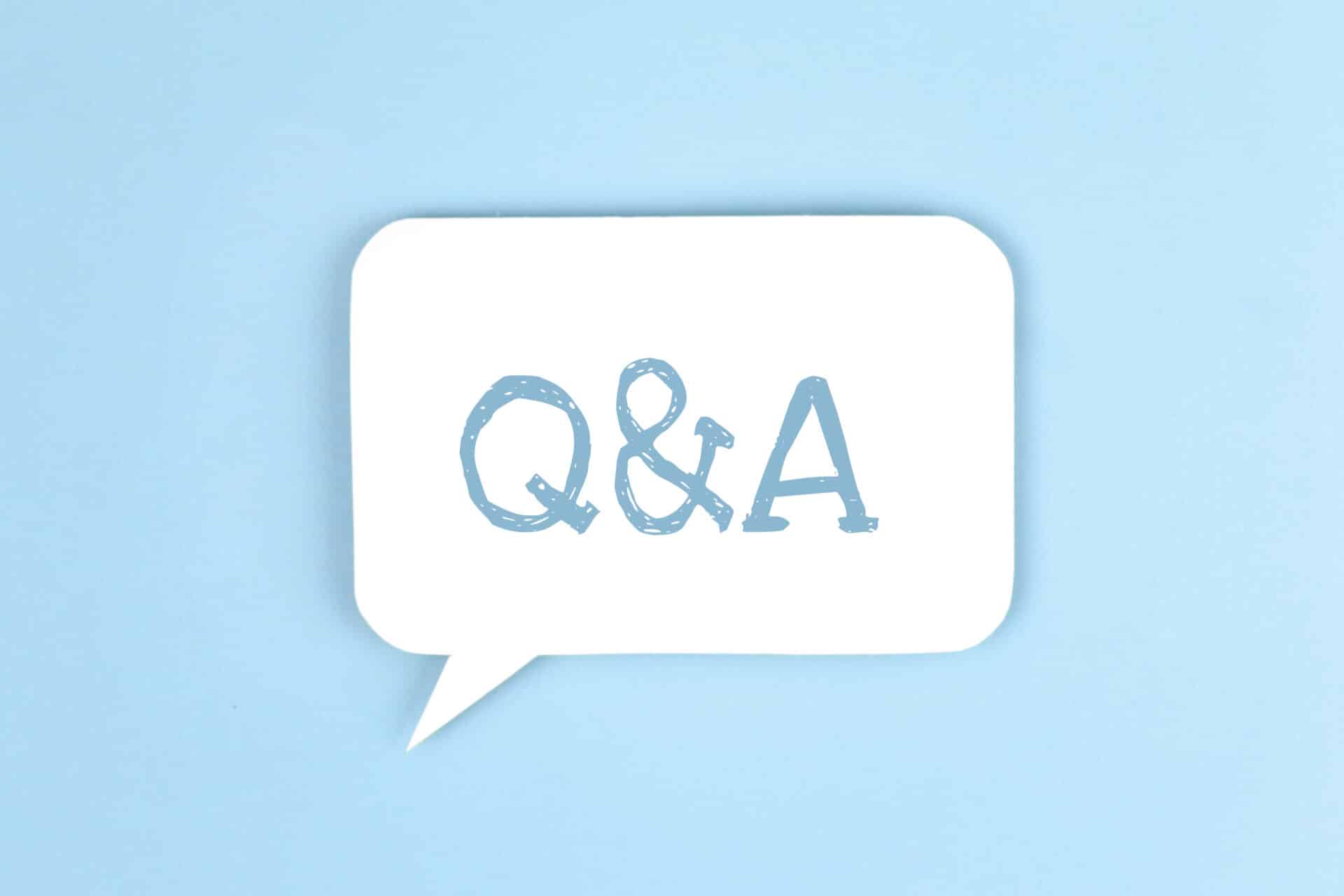Navigating the intricacies of Veterans Affairs (VA) disability claims can be a daunting task, especially when it comes to conditions like tinnitus. In Tinnitus and Veterans Disability Q&A session, Leah Bucholz provides insights into common concerns related to tinnitus and its potential connection to other conditions. Let’s delve into the questions raised and Leah’s valuable responses.

1. Tinnitus Without Hearing Loss: Overcoming the Silent Service Record
One of the initial questions revolves around having a tinnitus diagnosis without accompanying hearing loss. The individual, in high-probability MOS for Loadmaster, wonders if this might hinder the process of getting service-connected, considering the service record is silent on the matter.
Leah’s Response: Leah acknowledges that many individuals have successfully obtained service connection for tinnitus even when their records lack explicit documentation. She highlights the importance of leveraging a high-probability MOS and encourages the use of a compelling personal statement detailing the individual’s experiences during active duty. Leah also suggests incorporating supporting documents such as buddy letters and references to literature on delayed onset hearing loss and/or tinnitus.
2. Sleep Apnea Secondary to Tinnitus: Weighing the Options
The next question concerns whether the individual should pursue a claim for sleep apnea secondary to tinnitus, sinusitis, or PTSD. Leah shares her perspective on considering multiple factors that may impact the condition, emphasizing the need to address all relevant risk factors, including potential “bad facts.” She underscores the importance of acknowledging and weighing various risk factors to present a comprehensive medical rationale.
Leah’s Response: Leah advises including all potential contributing factors in the claim, recognizing that conditions like sinusitis, PTSD, and weight gain could be interconnected. She stresses the importance of addressing all relevant information, even if it may seem unfavorable, and provides insights into the thought process of evaluating risk factors.
3. Tinnitus and Sleep Apnea: Debunking Controversies
The controversial relationship between tinnitus and sleep apnea is explored in the next set of questions. Leah addresses the query of whether tinnitus can cause sleep apnea, expressing her opinion that there is no causative link between the two. Despite acknowledging the existence of service-connected cases, she encourages a critical evaluation of potential intermediate steps, such as mental health conditions, in establishing a connection between tinnitus and sleep apnea.
Leah’s Response: Leah talks about the lack of literature supporting tinnitus as a direct cause or aggravating factor for sleep apnea. She introduces the concept of a potential human factor in decision-making, acknowledging the variability among examiners and raters. While she doesn’t discount pursuing a claim if there’s a perceived connection, Leah emphasizes the importance of critical assessment and encourages veterans to advocate for conditions they genuinely believe are service-related with the assistance of an accredited legal professional.
Conclusion
Navigating the complexities of VA disability claims requires a nuanced understanding of both the medical aspects and the VA’s evaluation process. Leah’s responses shed light on the significance of presenting a comprehensive history, leveraging supporting documents, and critically evaluating potential connections between conditions. Veterans seeking service connection for tinnitus and related conditions can benefit from these insights as they navigate the path toward disability claims success.
Also read: How does the VA Measure Range of Motion?
At Prestige Veteran Medical Consulting, a veteran-owned company, we specialize in Independent Medical Opinions (IMOs) known as Nexus letters.
Our purpose is to empower YOU, the veteran, to take charge of your medical evidence and provide you with valuable educational tools and research to guide you on your journey.
Understanding the unique challenges veterans face, our commitment lies in delivering exceptional service and support.
Leveraging an extensive network of licensed independent medical professionals, all well-versed in the medical professional aspects of the VA claims process, we review the necessary medical evidence to incorporate in our reports related to your VA Disability Claim.
Prestige Veteran Medical Consulting is not a law firm, accredited claims agent, or affiliated with the Veterans Administration or Veterans Services Organizations. However, we are happy to discuss your case with your accredited VA legal professional.













